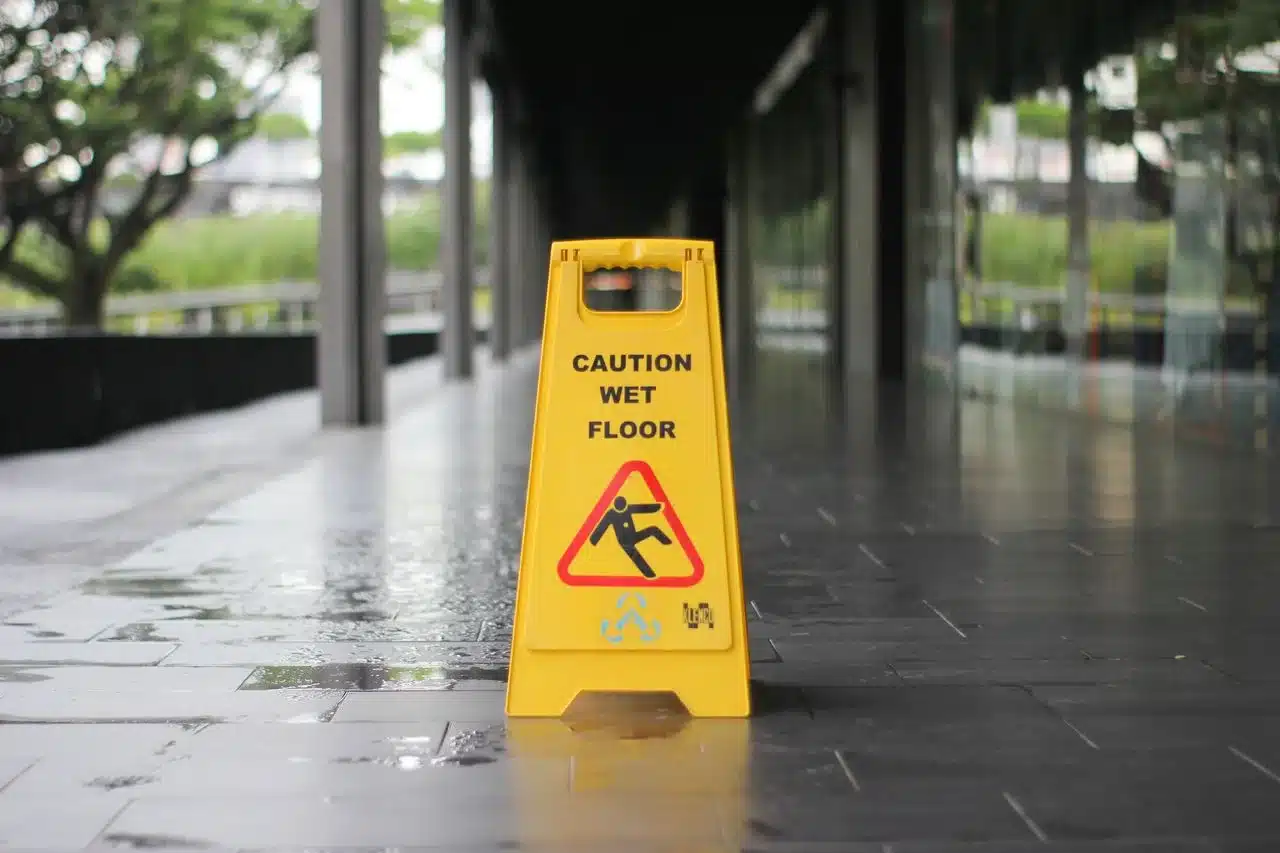Understanding Premises Liability Laws

Understanding premises liability laws is crucial for anyone involved in a personal injury case in Florida. These laws govern the responsibilities of property owners towards those who enter their premises. In this article, we’ll explore the key aspects of premises liability in Florida, helping individuals and legal professionals navigate these complex regulations.
What is Premises Liability?
Premises liability refers to the legal principles that hold property owners and occupiers responsible for accidents and injuries that occur on their property. In Florida, these laws are particularly significant due to the state’s high tourist activity and varied real estate.
Key Elements of Premises Liability in Florida
1. Duty of Care
- Property owners have a duty to maintain a safe environment for visitors.
- This duty varies depending on the visitor’s classification (invitee, licensee, or trespasser).
2. Visitor Classifications
- Invitees: Individuals who are invited onto the property for business purposes (e.g., customers in a store). Property owners owe them the highest duty of care.
- Licensees: Guests for social reasons. Owners must warn them of known dangers.
- Trespassers: Those who enter without permission. Owners owe them the least duty, usually just to refrain from intentional harm.
3. Reasonable Care
- Owners must take reasonable steps to ensure their property is safe. This includes regular inspections and addressing hazards promptly.
Common Premises Liability Cases in Florida
- Slip and fall accidents
- Swimming pool accidents
- Inadequate security leading to assault or theft
- Animal attacks
- Amusement park accidents
The Role of Negligence
To succeed in a premises liability claim in Florida, the injured party must prove the property owner’s negligence. This means showing that the owner knew or should have known about the hazard and failed to fix it or warn about it.
Comparative Negligence in Florida
Florida follows a comparative negligence rule. If the injured party is partially responsible for their injury, their compensation may be reduced by their percentage of fault.
Statute of Limitations
In Florida, there is a four-year statute of limitations for premises liability claims. Legal action must be taken within this period from the date of the injury.
Conclusion
Premises liability laws in Florida are complex, and navigating them requires a thorough understanding of various legal nuances. Property owners must be vigilant in maintaining safe environments, and those injured due to negligence have a right to seek compensation. As always, consulting with a legal professional is advised to understand specific circumstances and rights.
